Walter Satterthwait ’70
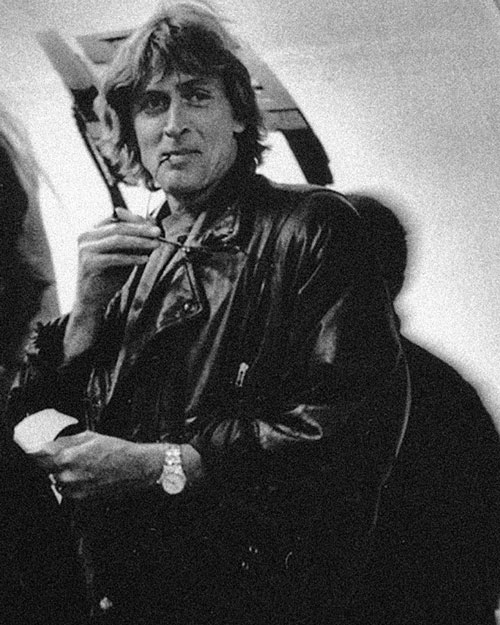
February 26, 2020, in Poulsbo, Washington, from congestive heart failure.
Walter wrote mysteries filled with complex and colorful characters, including an imaginative use of historical figures like Lizzie Borden and Oscar Wilde as detectives. One of only eight Americans to win France’s Prix de Romans d’Aventures, the insight and empathy that informed his work was also evident in the extraordinary gift he had for forming and maintaining deep friendships wherever he went.
Born in Philadelphia, he demonstrated an early love of books, especially mysteries. But Walter didn’t just read, he also wrote, and his high school teacher encouraged him to keep at it. His patrician good looks and elegant style may have suggested family money, but he attended Reed on a scholarship. On campus, he quickly earned the appellation “Cool Walt,” and as Jeanie Daigle Smith ’70 remembered, he was cool “in the hip, savvy, unflappable sense of the word.”
Walter didn’t settle in at Reed—or anywhere else, for that matter. He had a stint selling encyclopedias in Buffalo, and an extended stay with his brother Mark in Greece. When Walter returned to Portland, Yiorgos Chouliaras ’75 introduced him to Lelli Rallis, a friend from Greece, and Walter ended up marrying her. They weren’t together long, but remained close, and Walter visited whenever he got to Greece, where Lelli had settled.
The story picks up again in New York City, where Walter was tending bar at the hip hangout One Fifth and met a woman who let him borrow her house in Connecticut, where he set about completing his first book. The woman, like most people he connected with, became a lifelong friend.
By the time he moved to Santa Fe, New Mexico, Walter had published two novels. He was tending bar and fell in love with Caroline Gordon, a bartender who worked across the street. They held their wedding on the street between the two bars, and a mob of well-wishers diverted traffic for the celebration.
In New Mexico, Walter began writing the series for which he is best known, featuring Joshua Croft as his detective. The first novel in the series, Wall of Glass (1988), was set in Santa Fe and written in the hard-boiled mystery tradition (“In any other American city this size, the road would have been paved. But in Santa Fe, raw earth is as chic as raw fish”).
Receiving critical acclaim, the series became something of a cult hit with a devoted fan following. Nonetheless, as a writer Walter rarely made enough money to support himself for long. He would return to bartending until he got his next book advance, and then stretch it by working in someplace cheap but beautiful, including exotic locales such as Greece, Kenya, Thailand, and Grenada.
He traveled often to England, France, and Germany to attend mystery conventions and visit friends. When a German fan wrote to ask him to autograph a book, their friendship grew via email and phone, and he ended up making two extended visits to the home she and her husband owned in Curaçao, in the Caribbean. She later noted that Walter was the only man she knew who cleaned a fish in a white shirt, which, together with his cowboy boots, was his signature style statement.
Wherever Walter went, he built new friendships and strengthened old ones. When a young woman approached him at a mystery conference and announced that she was the daughter he never knew he had, he immediately embraced fatherhood and made Jennifer an important part of his life.
The late mystery writer Sarah Caudwell, also a lifelong friend, wryly described those years in an introduction to one of his books:
The usual address is Poste Restante though seldom for long in the same city or continent. Noting the latest change in overworked address-books, friends of Walter Satterthwait tend to think of him as not merely a man on the move but on the run, keeping, only by constant vigilance and amazing agility, one step ahead of pursuit. By whom or what—disappointed creditors? chagrined lovers? or merely hostile weather conditions? We are never sure; but we imagine him always as departing suddenly from places, in the early hours of the morning, without luggage save for his faithful word processor.
In a 1999 article for the St. Petersburg Times, Jean Heller reported on the time Walter travelled from London to Greece via Paris and Milan so he could lunch with his publishers, who would pick up the tab. “When I added up the transportation and hotel costs, I figured out those two free lunches cost me $1,275,” he told her. “But when it comes to free lunches, money is no object.”
Altogether, Walter published 15 novels and three short-story collections, and was working on a final book the year he died. Miss Lizzie (1989), featuring Lizzie Borden, broke ground as the first modern mystery to feature a character from history as the detective. He brought Lizzie back for a 2016 sequel that included Dorothy Parker as a sidekick. (“‘Brave?’ Mrs. Parker laughed, sounding somewhat frayed. ‘My sphincter was plucking buttons off the car seat.’”). He also wrote three of what were dubbed the Pinkerton mysteries, in which Harry Houdini, Sir Arthur Conan Doyle, Hemingway, and Gertrude Stein appeared as characters.
When his publisher was unable to fund a book tour for the second Pinkerton mystery, Masquerade (1998), Walter launched what he self-deprecatingly called the Trailer Trash Tour. He set the book-signing appearances himself and decorated the exterior of his Winnebago with a five-foot-high copy of the book’s cover. Inside, the motor-home was tricked out with a black and gold interior, fake leopard-skin accents, and a pair of red, fuzzy dice that lit up when plugged into the cigarette lighter.
“I’m not a big believer in writers promoting themselves,” he said, “but I decided blatant self-promotion is okay if it’s low-key, tasteful, and elegant.”
Wilde West (1991), in which Oscar Wilde investigates a murder while touring the American West, was Walter’s favorite among his books. Like Wilde, Walter had a quick, biting wit and could conjure up a pithy aphorism at a moment’s notice. (“The road to hell is paved with good inventions.”) In his final days, when most of his other faculties were deserting him, Walter could still craft a bon mot on the spot.
He was a passionate Zen Buddhist, and—describing the influence Buddhism had played in his life—told a reporter, “I’m a kinder person, a kinder egomaniac.” While living with his sister, Anne, near Tampa, Florida, Walter fashioned a makeshift temple in a nearby suburban home and eventually moved in to act as “steward” to the resident monk.
Walter was living in a Poulsbo nursing home when he learned he was dying. He had a “small satori,” or sudden enlightenment, that allowed him to accept his death with calm and grace. Ron Hinckley ’69 visited him shortly before his death, and pushed him in his wheelchair to a nearby bistro. Despite having hardly touched his institutional meals, Walter happily downed oysters with bacon and a single malt scotch. He never lost his appreciation for the good things in life. Attached to an oxygen tank and in considerable pain, he discussed end-of-life plans on the day before he died, expressing his desire not to be ushered out too quickly, lest he “miss the rest of the party.”
Remembrances of his friends, a complete bibliography, and an excerpt from his last, unfinished, book can be found at waltersatterthwait.net.—JILL COLLINS HINCKLEY ’70
Appeared in Reed magazine: September 2020
comments powered by DisqusFrom the Archives: The Lives they Led
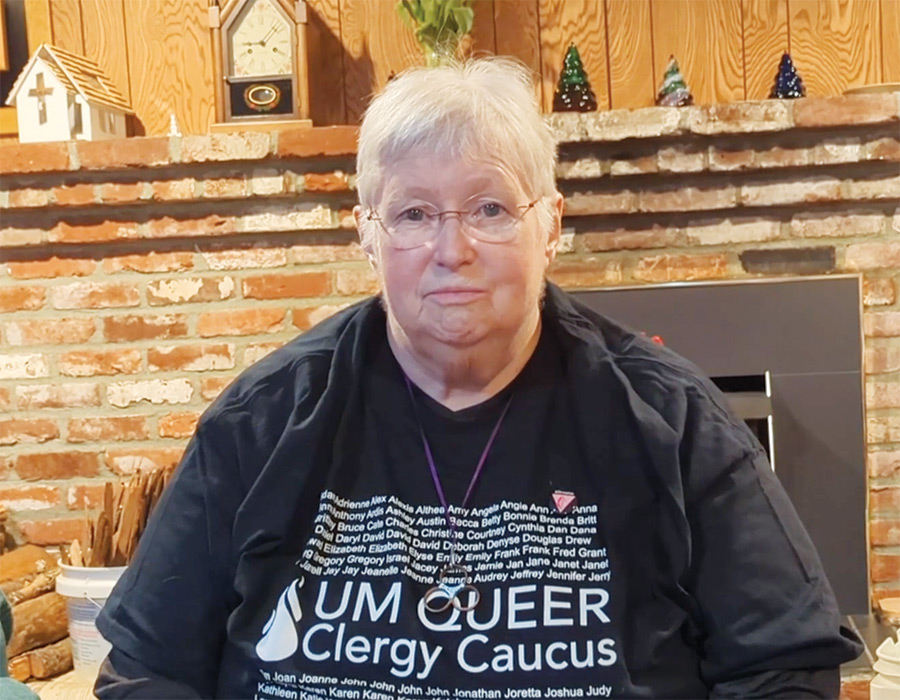
Jeanne Knepper ’69
The First Openly Gay Woman to Be Ordained and Appointed Within the Oregon-Idaho Conference of the United Methodist Church
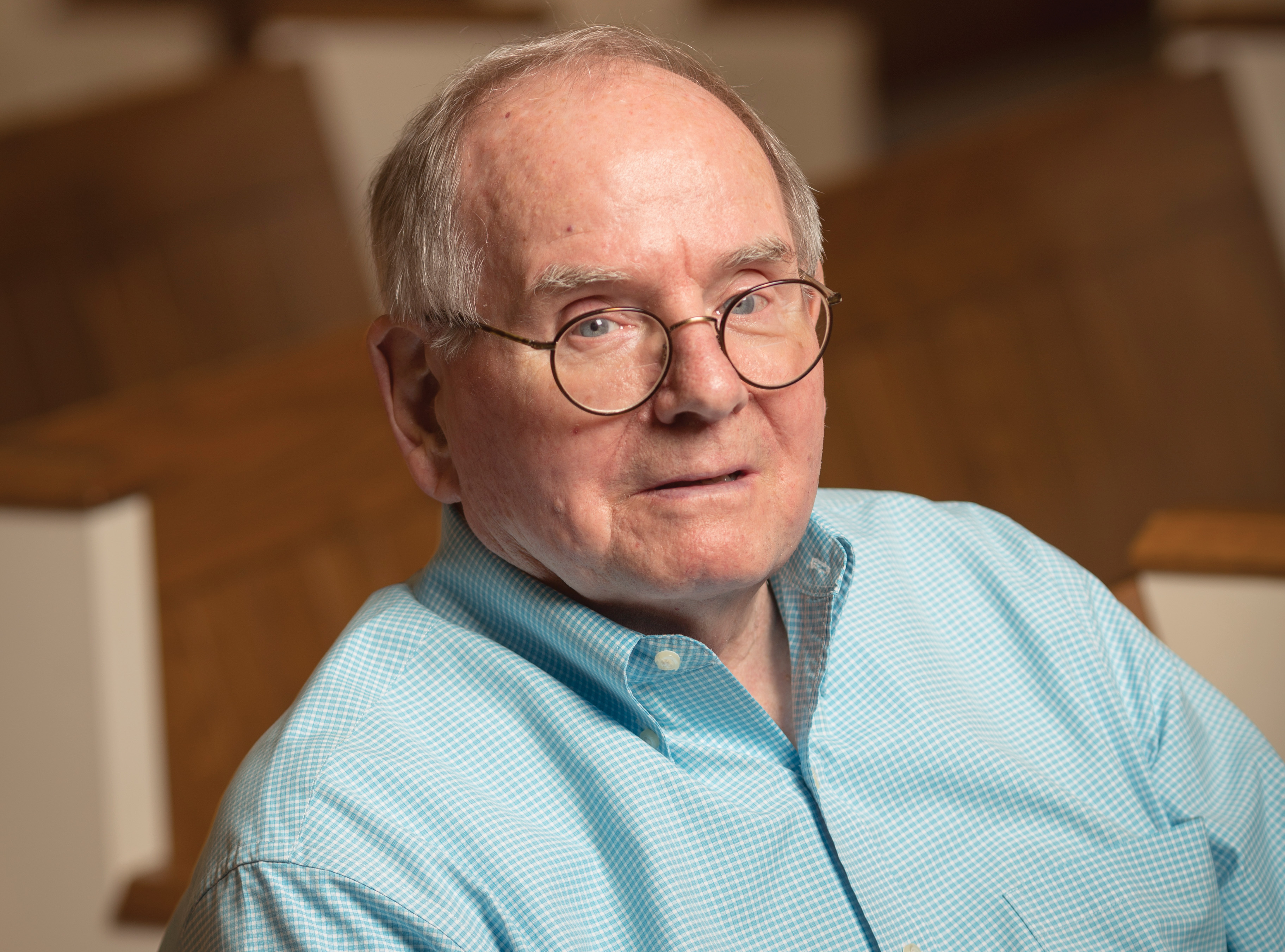
William Haden
As Acting President of Reed, He Strengthened the College's Finances and Alumni Relations
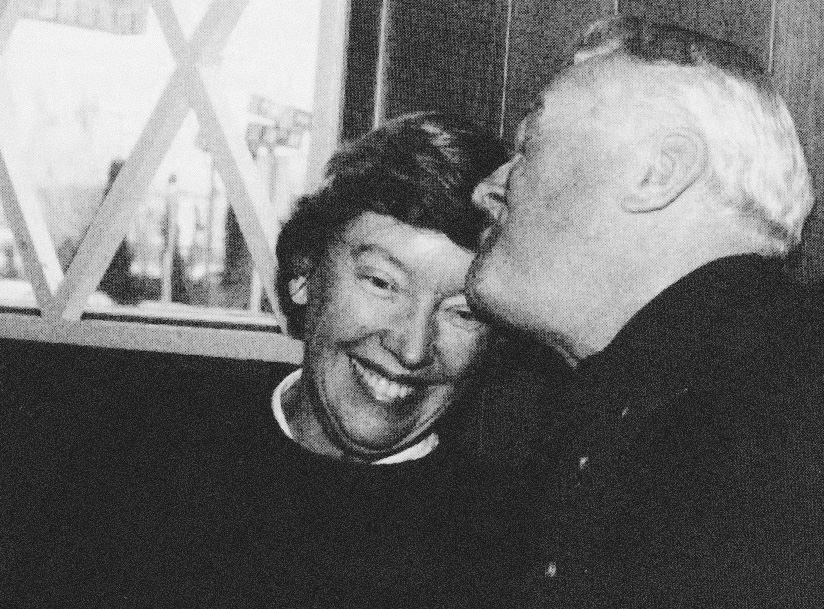
Nancy Horton Bragdon
Reed’s First Lady Whose Warmth and Leadership Were Invaluable During a Turbulent Time



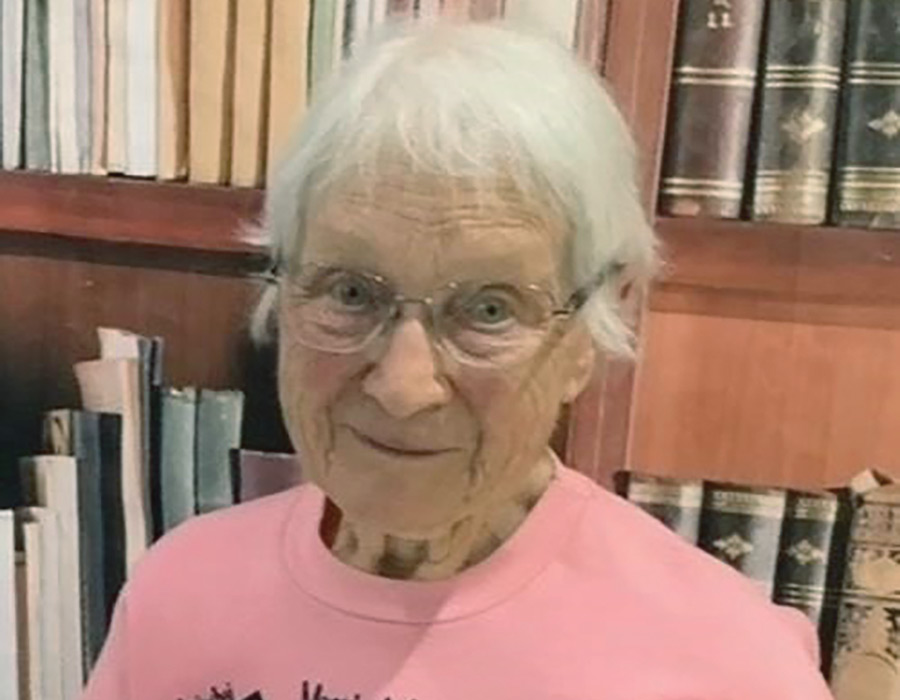

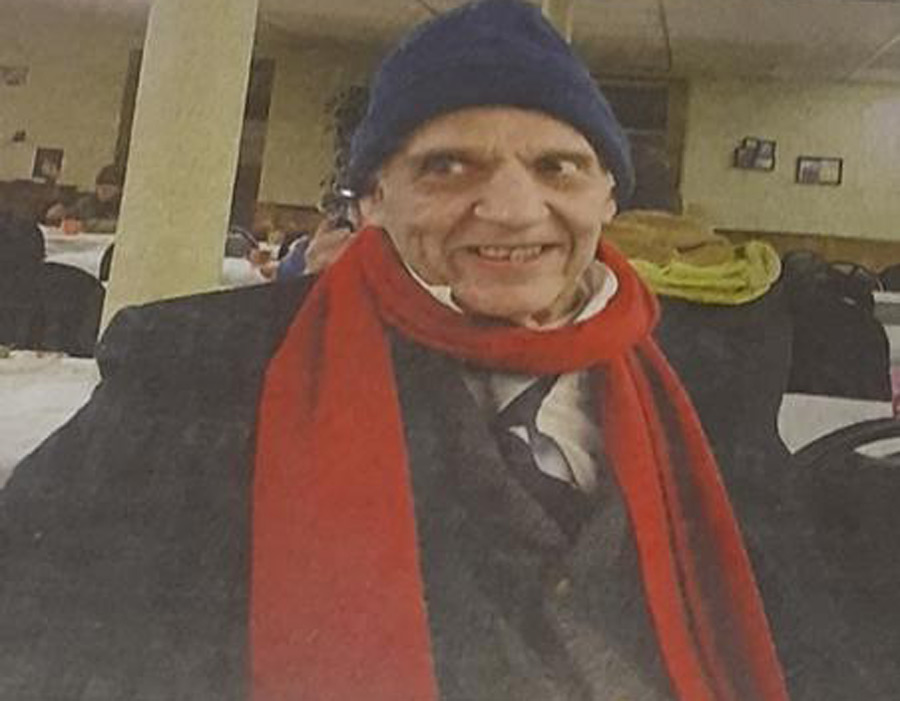
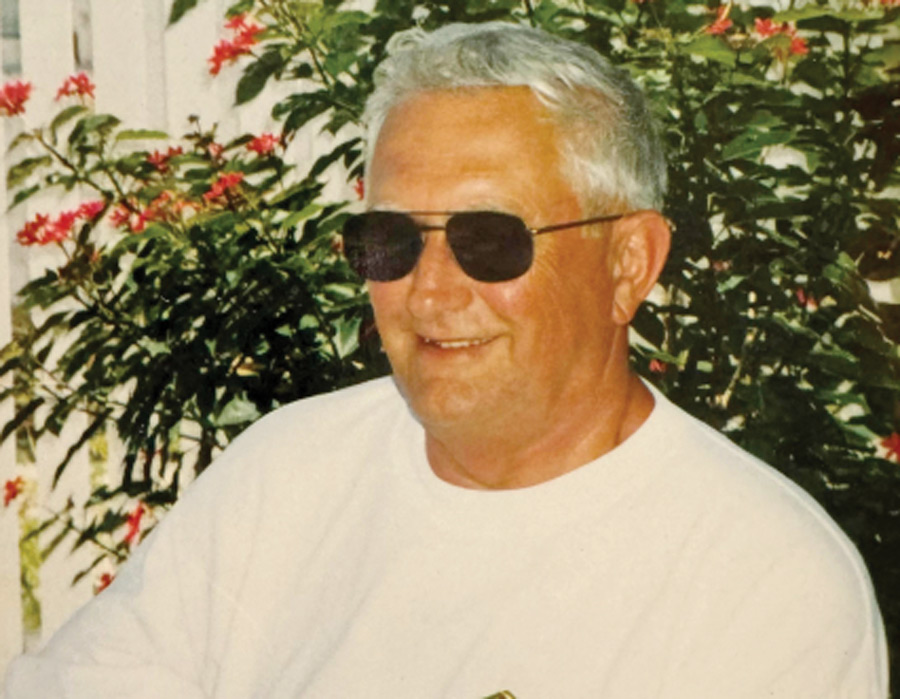
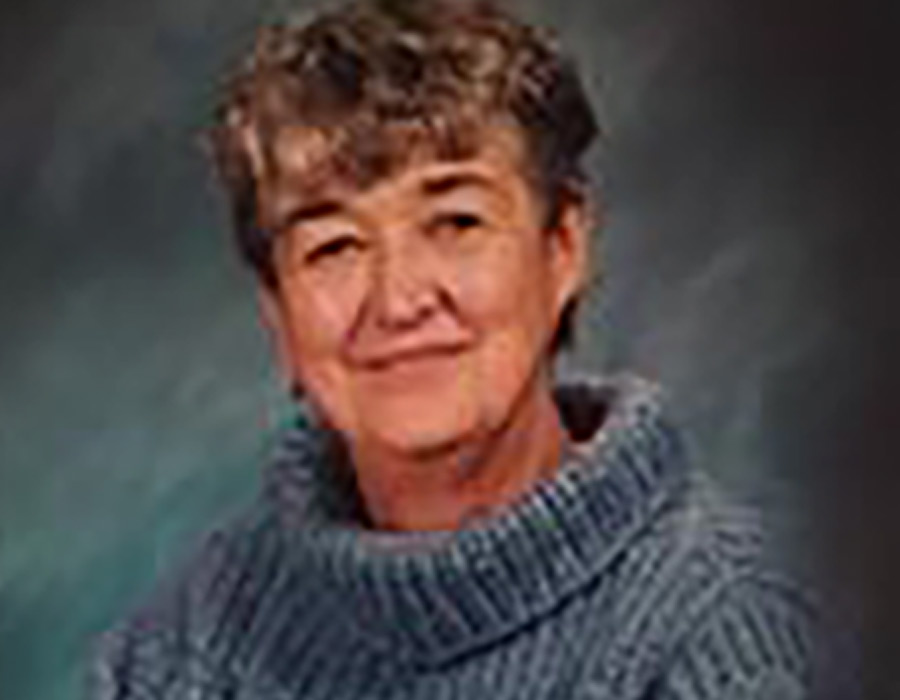


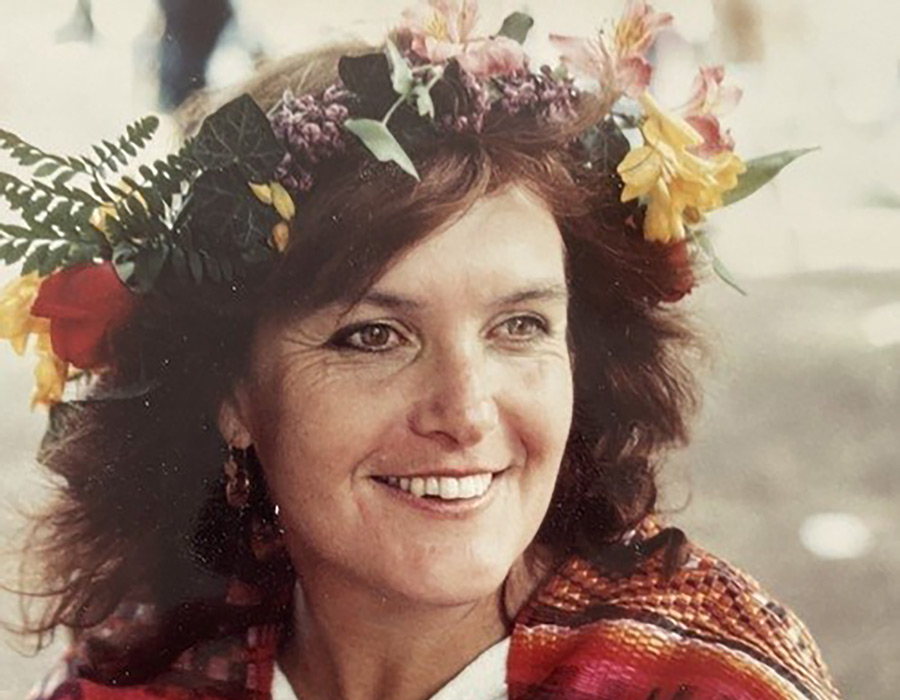
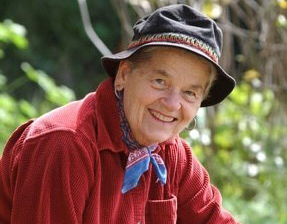

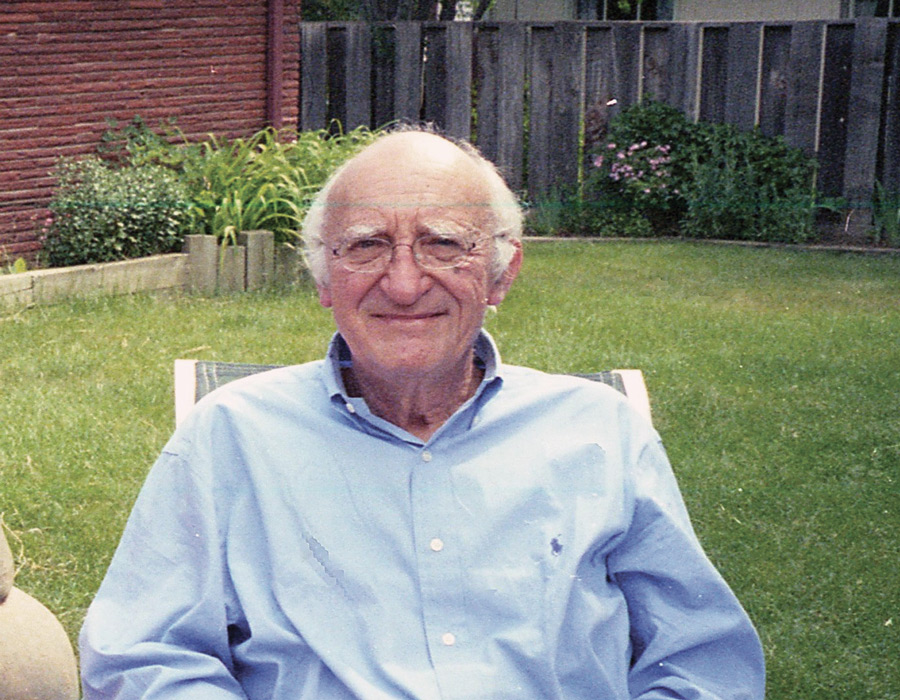
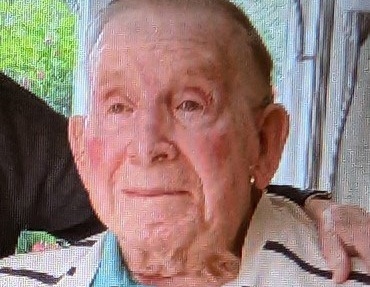
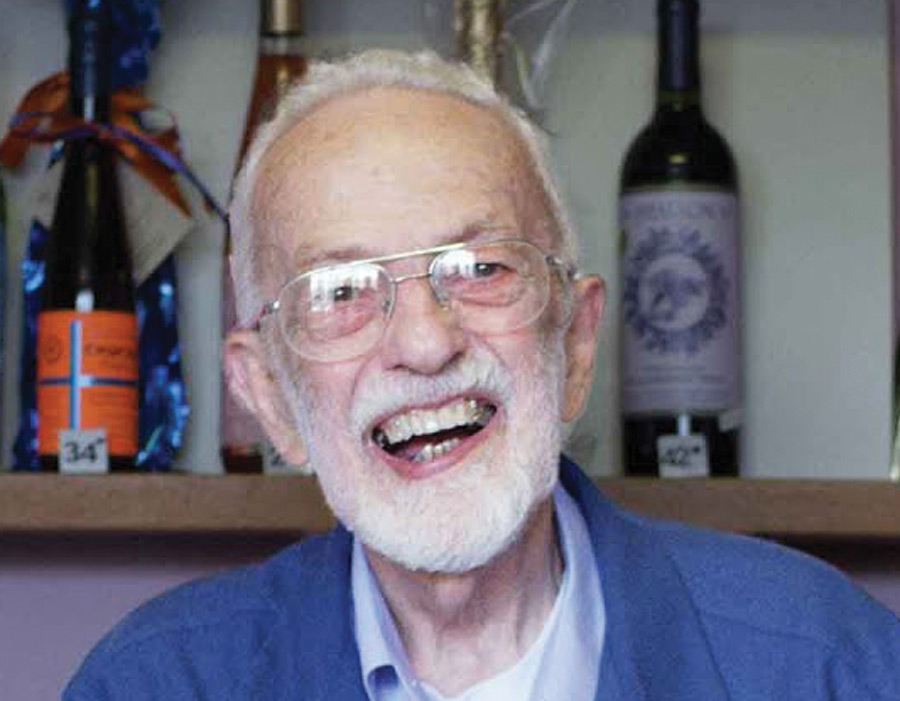
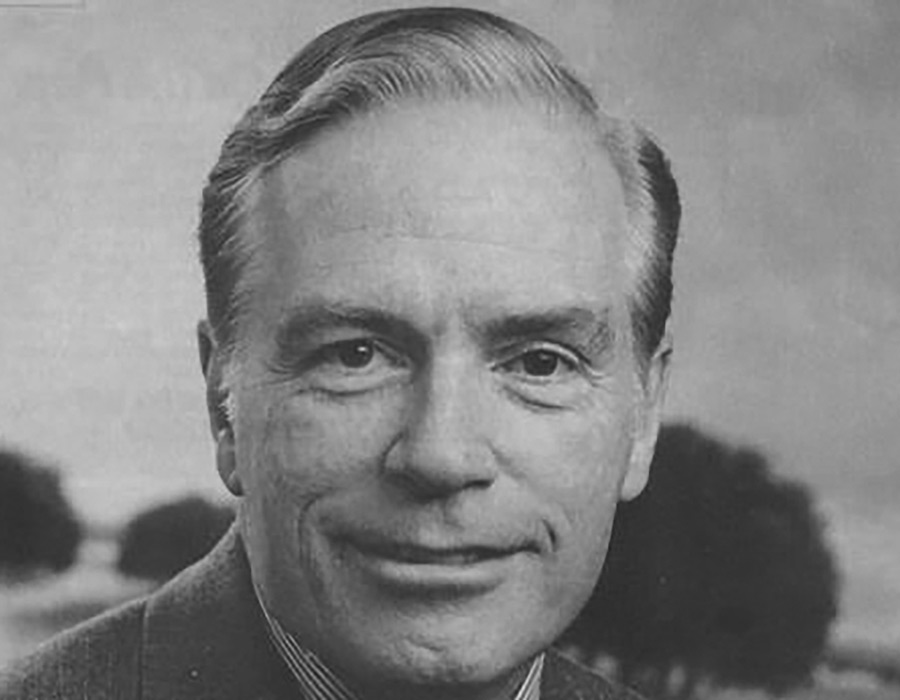
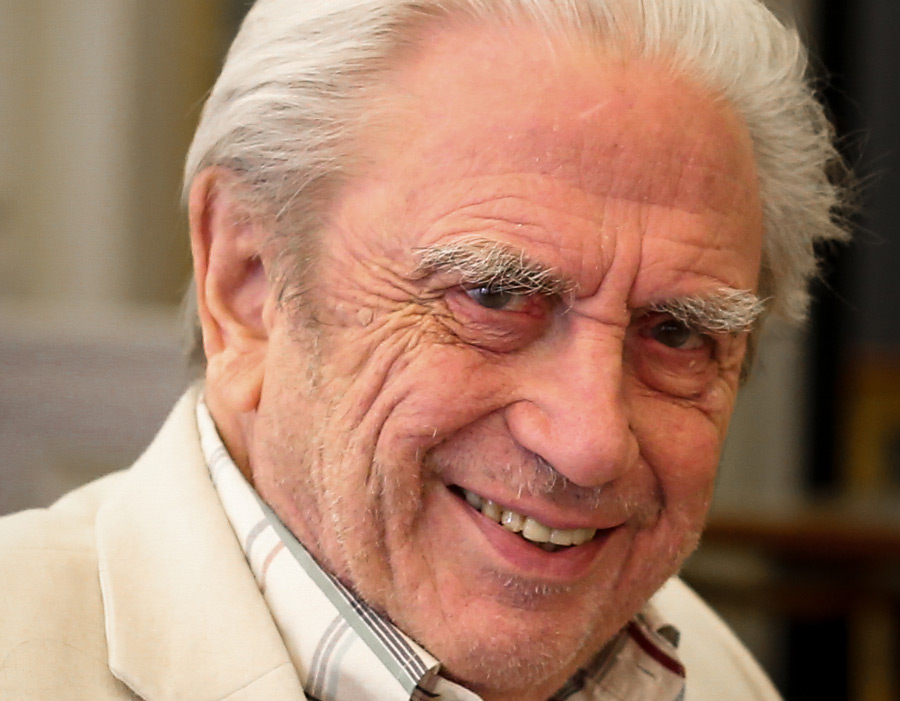






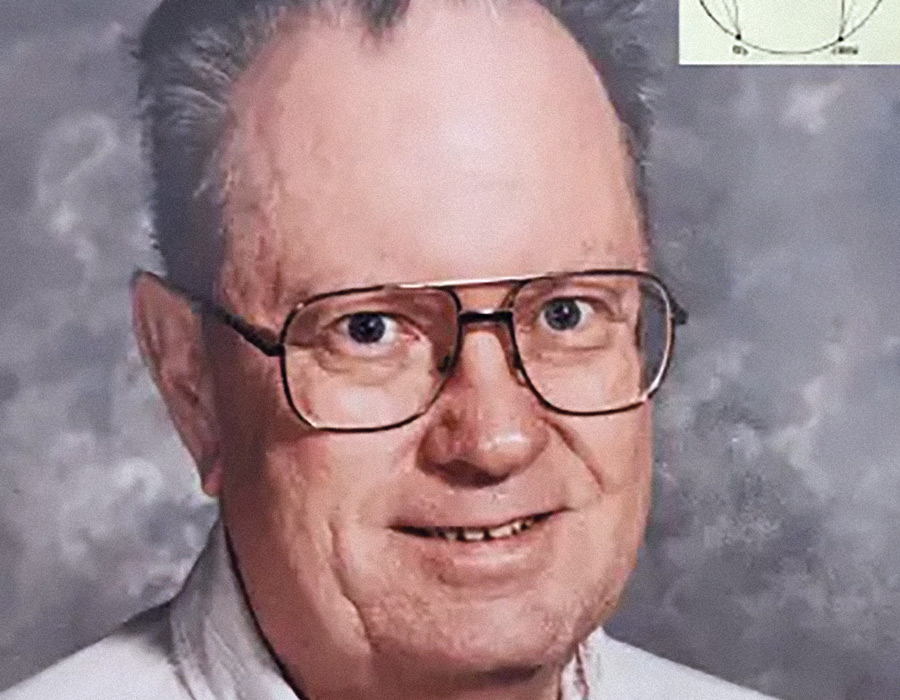

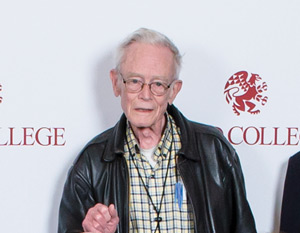
![Photo of Prof. Laurens Ruben [biology 1955–92]](https://www.reed.edu/reed-magazine/in-memoriam/assets/images/Larry-Ruben-copy.jpg)
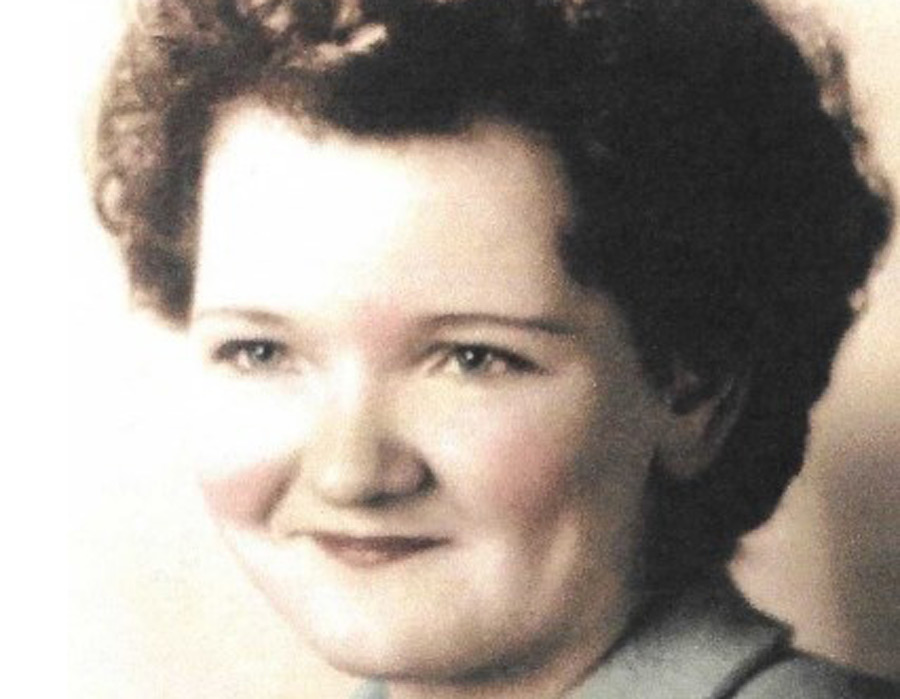
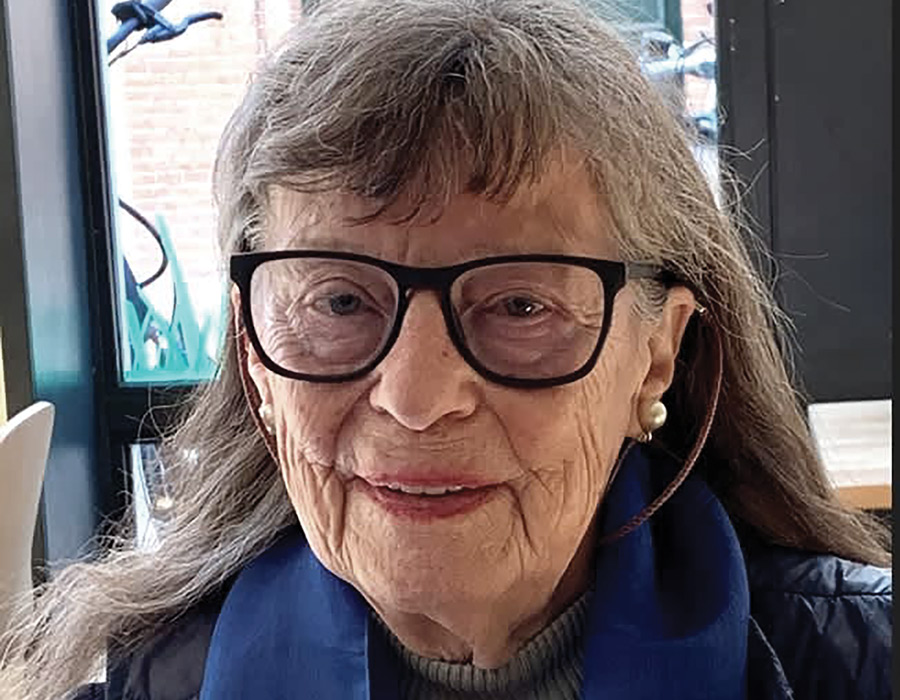
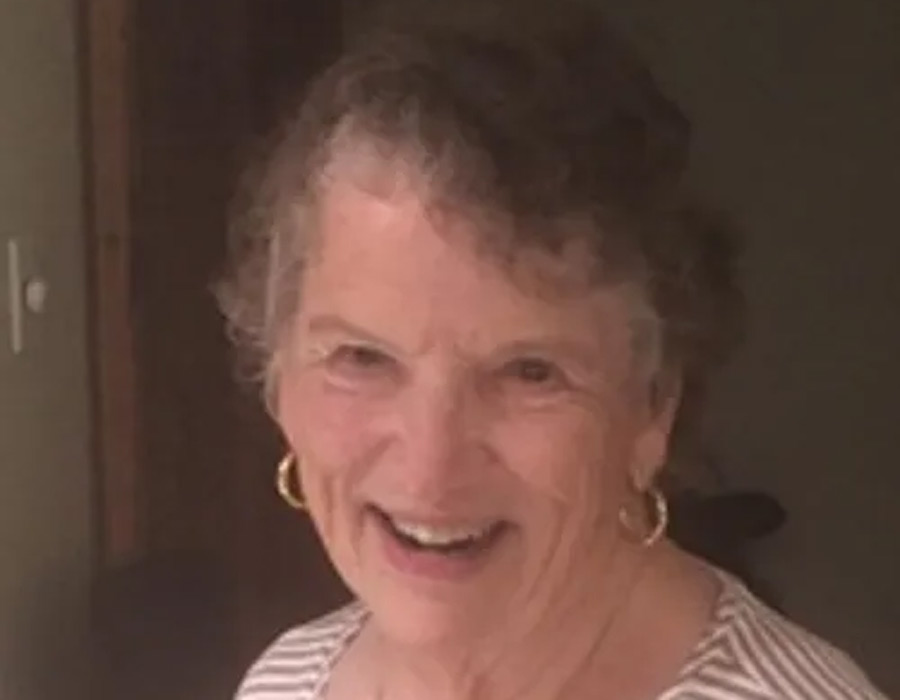


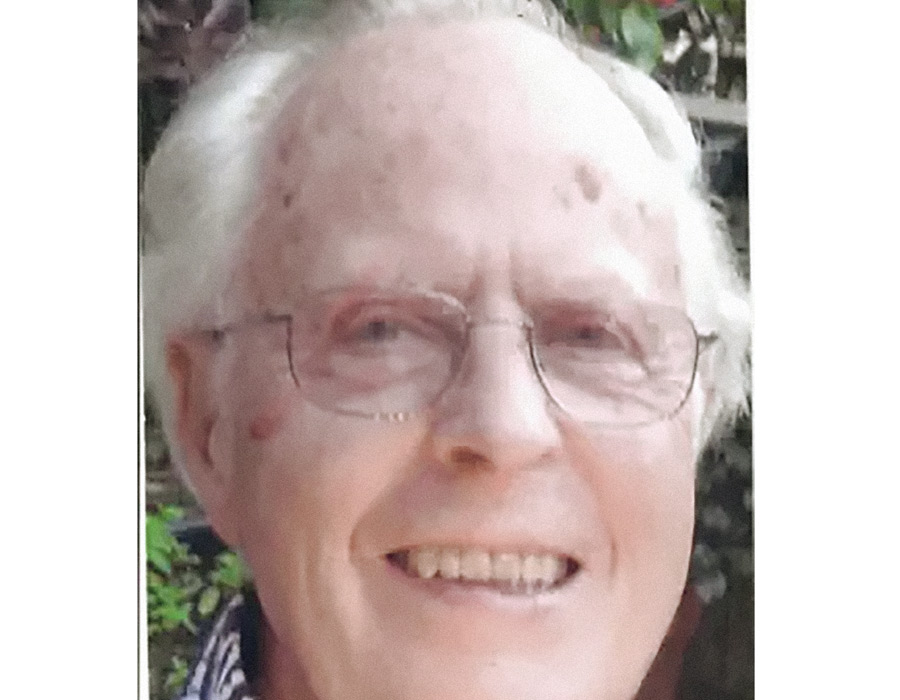

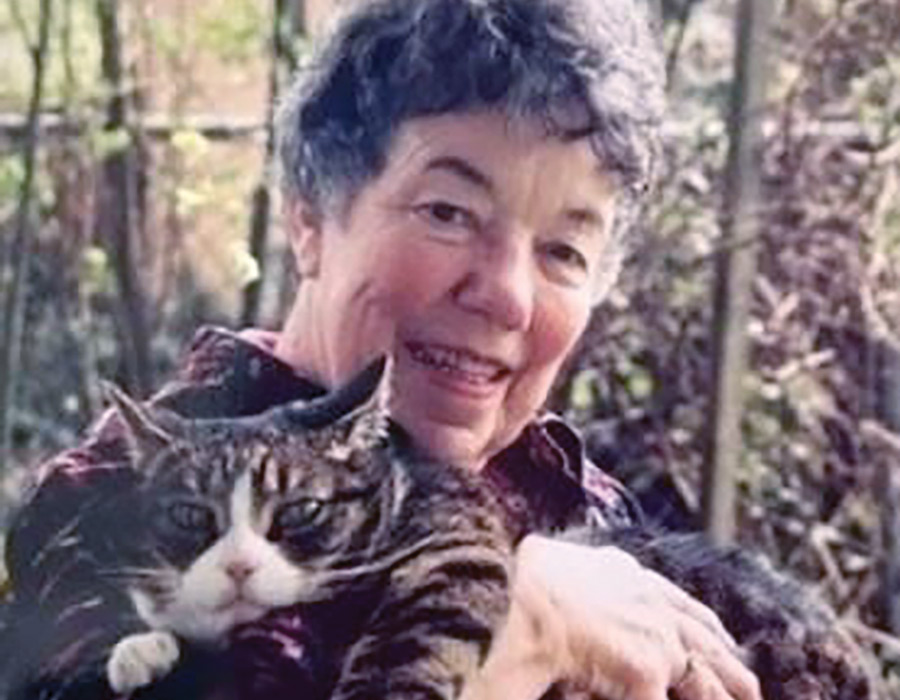
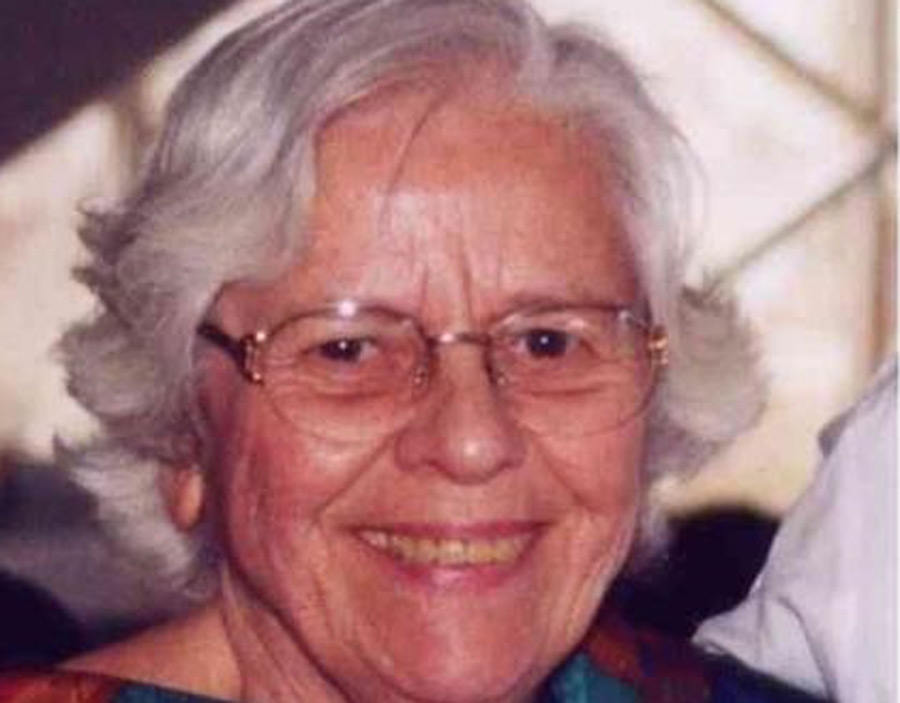
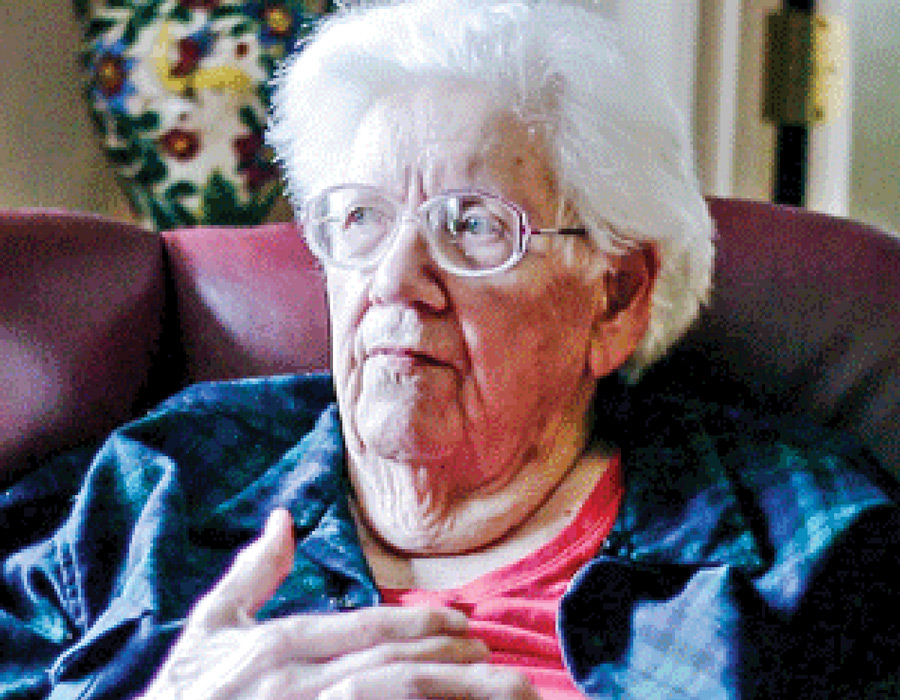
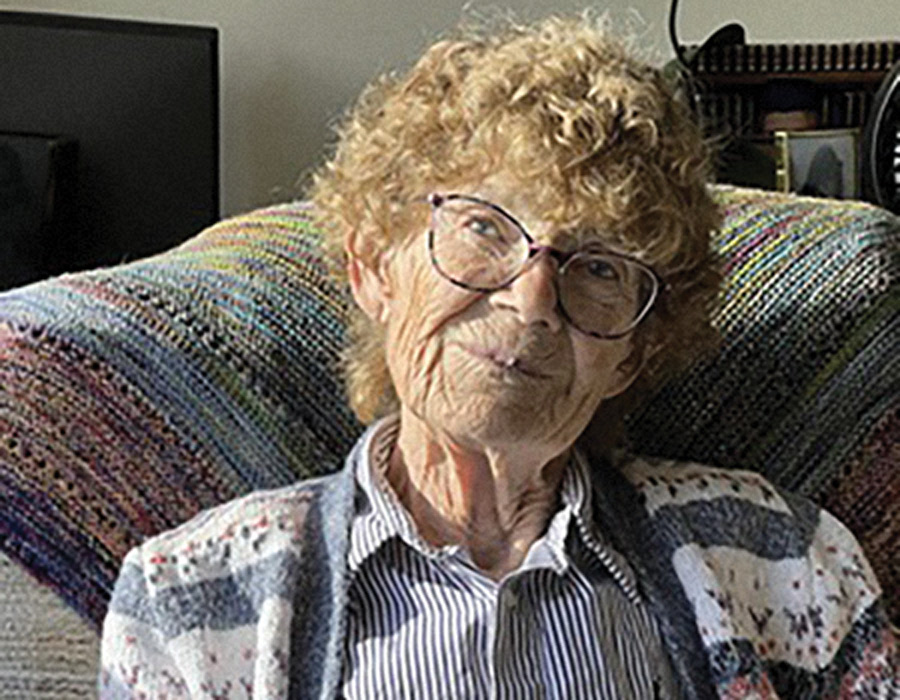




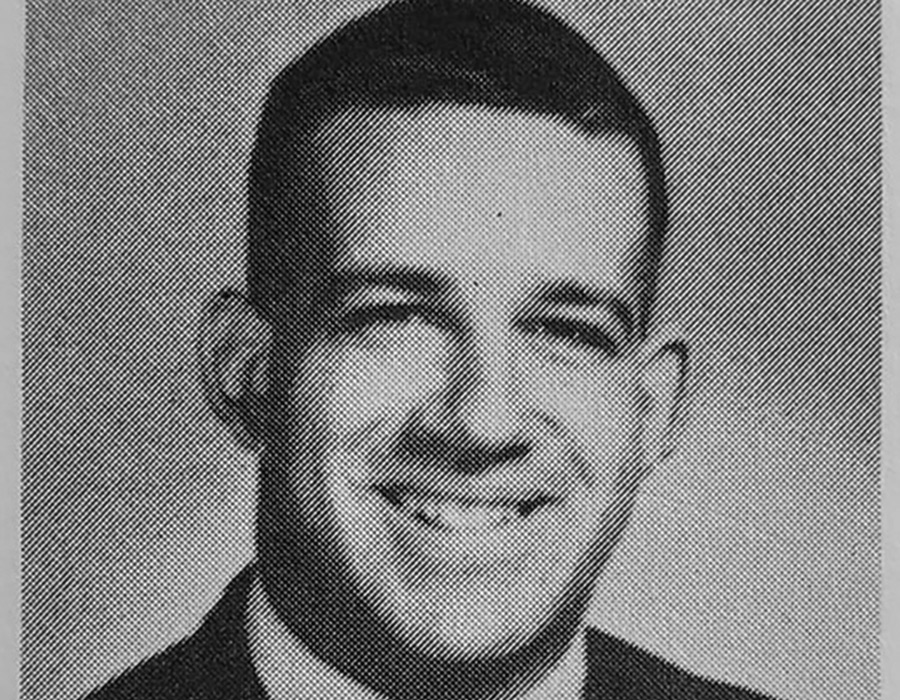




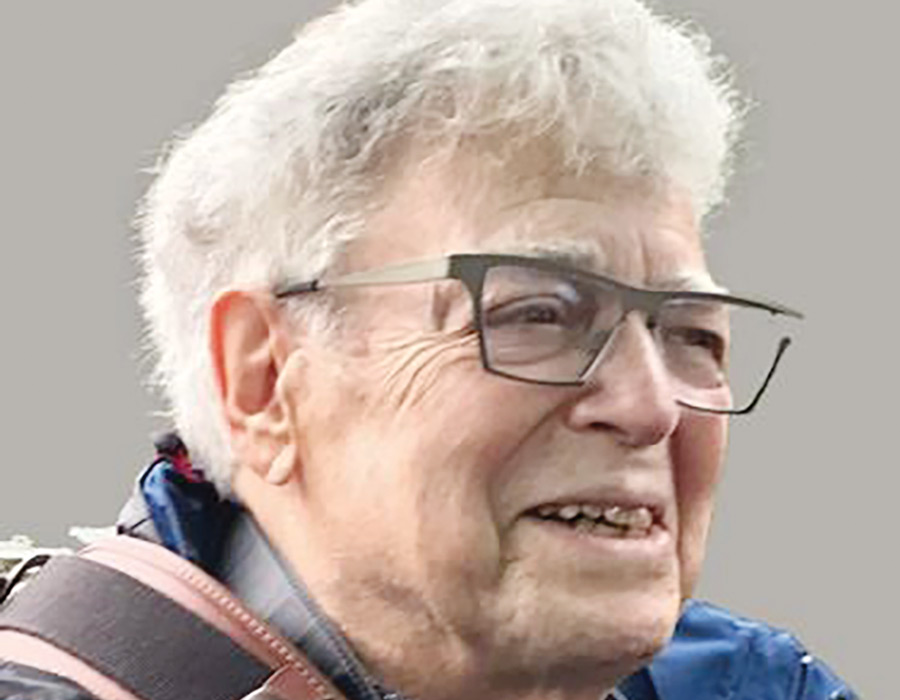
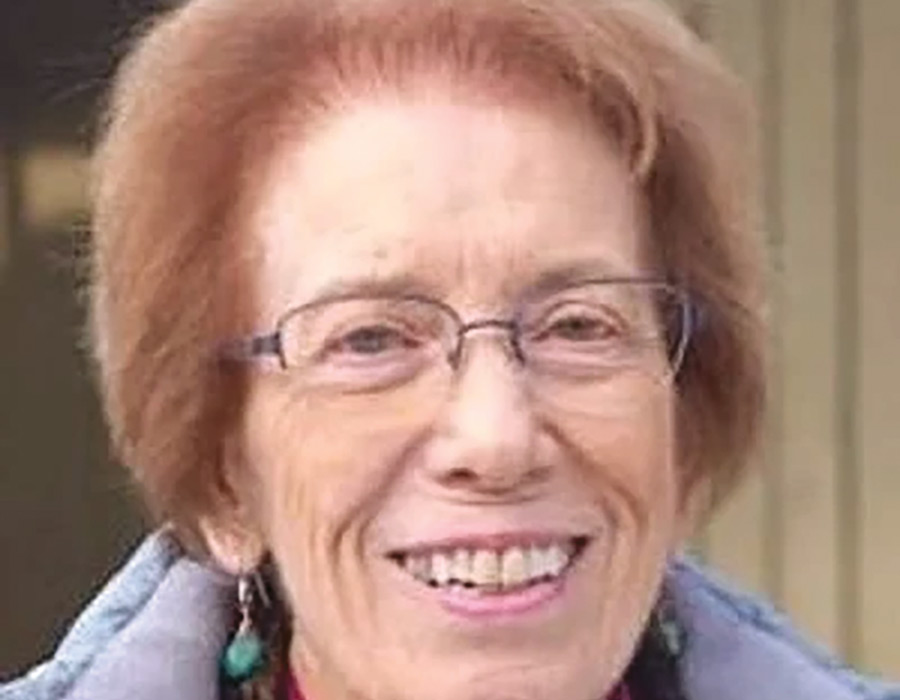
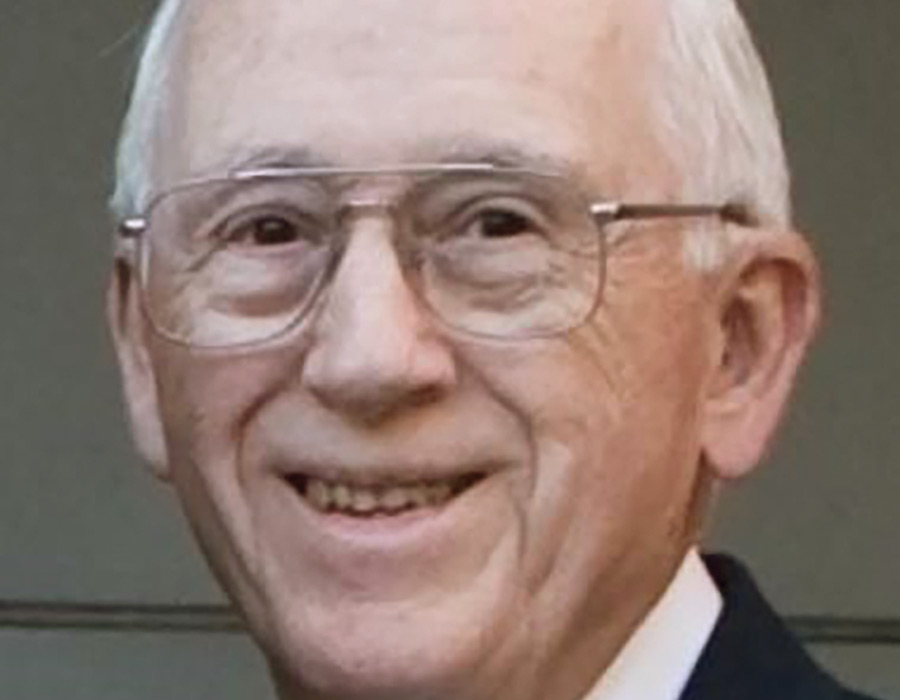

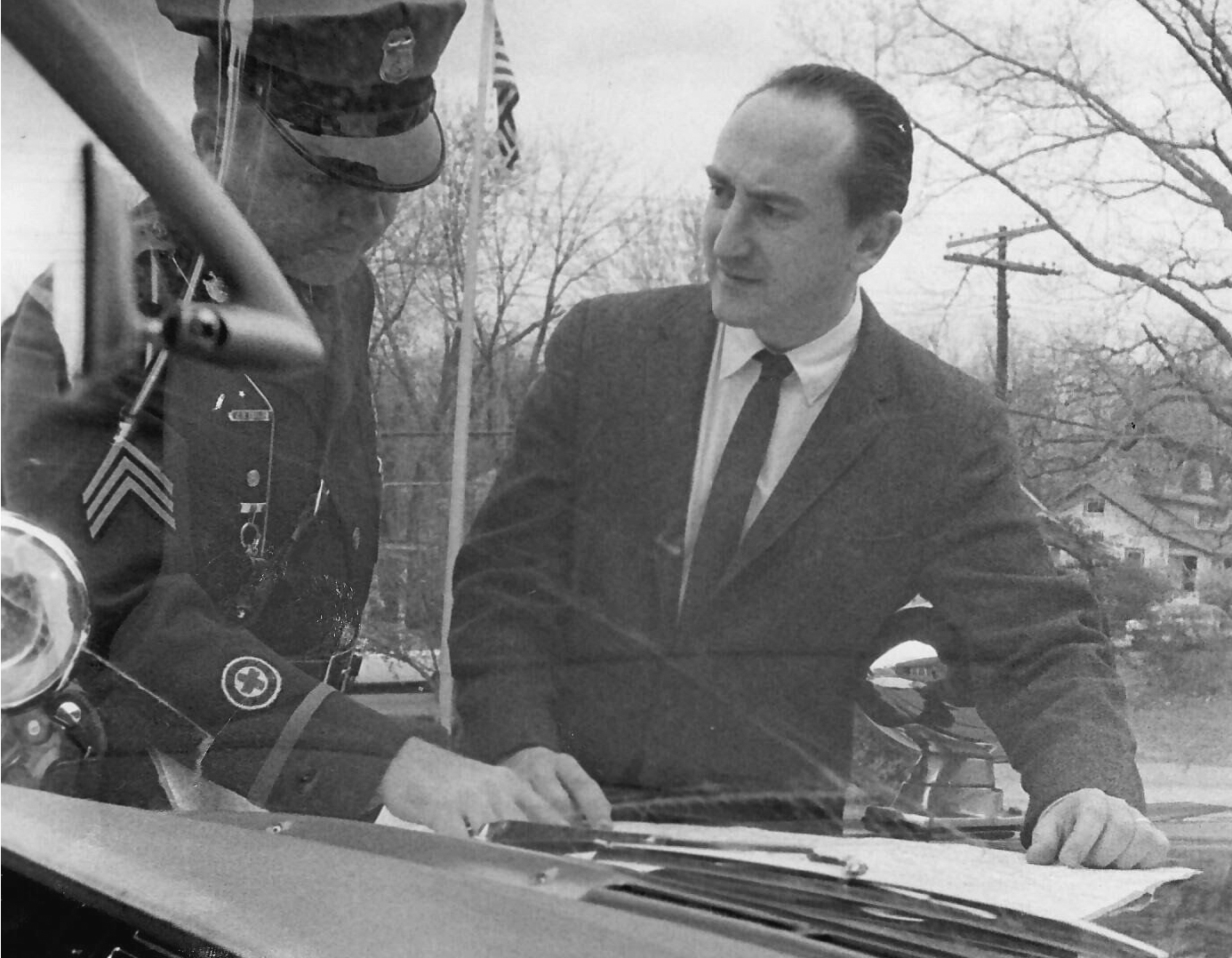





![Photo of Prof. Marvin Levich [philosophy 1953–94]](https://www.reed.edu/reed-magazine/in-memoriam/assets/images/2022/LTL-levich1.jpg)
![Photo of President Paul E. Bragdon [1971–88]](https://www.reed.edu/reed-magazine/in-memoriam/assets/images/2020/Bragdon.jpg)
![Photo of Prof. Edward Barton Segel [history 1973–2011]](https://www.reed.edu/reed-magazine/in-memoriam/assets/images/2020/Segel.jpg)








































































